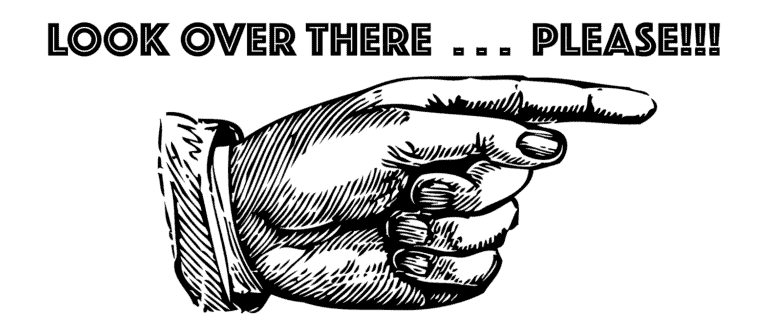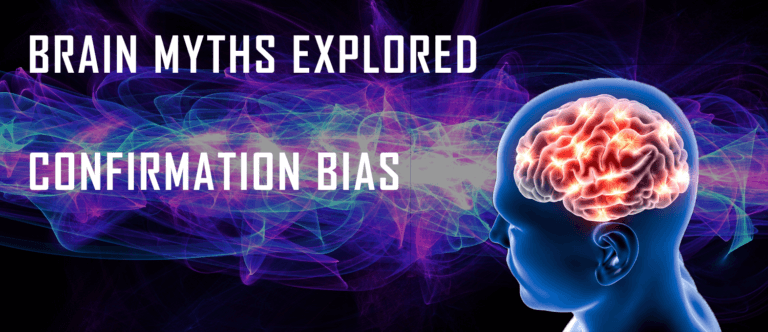Fyre Festival: A Mentalist’s Perspective
Unless you’ve been living under a rock, you’ve heard of the now infamous Fyre Festival. A joint venture with Ja Rule and delusional serial entrepreneur Billy McFarland, the music festival was created as PR for the Fyre music app, but quickly went up in flames through a variety of frauds and deceptions. Promised luxury oceanfront…



